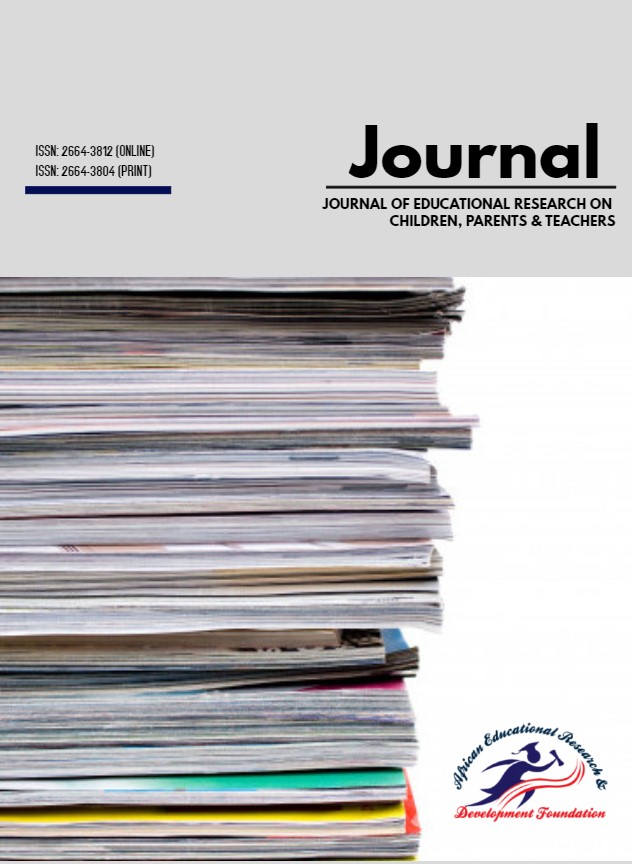1Department of Science Education, University of Nigeria Nsukka
2Department of Education Foundation, Faculty of Education, University of the FreeState, Bloemfontein, South Africa

Abstract
The study investigated the effects of WhatsApp interactive and WhatsApp-supported
Jigsaw instructional modes on students’ self- directed learning skills. A quasiexperimental research design was used using non-equivalent comparison groups for preand post-testing. Four hundred twenty-nine (429) year III Biology students from Federal
Colleges of Education in South-east Nigeria made up the study’s population. 106
individuals were chosen using a multi-stage sample approach that combined random and
purposeful sampling procedures. Data were gathered using the Personal Responsibility
Orientation self-directed learning skill scale, or PRO-SDLSS. The mean and standard
deviation were used to answer the study’s questions, and analysis of covariance
(ANCOVA) was used to evaluate the hypotheses at the 0.05 level of significance. The
study’s findings demonstrated that the instructional Jigsaw modes for both interactive
WhatsApp and Jigsaw supported by WhatsApp improved students’ scores in the area of
self-directed learning. Gender had no significant impact on students’ self-directed learning
abilities (p>.05) F (1, 101) = 0.067, p = 0.796. F (1, 101) = 0.928, p = 0.338 indicates a
significant interaction between gender and therapy on students’ abilities to study on their
own. Based on their findings, the researchers suggested that teachers use WhatsApp for
digital intervention to improve their students’ abilities to learn independently.
Keywords: Self-Directed Learning Skills, Instructional Modes, WhatsApp-Interactive,
WhatsApp-Supported Jigsaw
Publication Date:
09/2022
Volume, Issue and Page Number:
Vol.3, Issue 1, Pg. 517-530
License:
Subscribe To Us
You can subscribe to articles by our contributors and authors by filling in the form with your email address. Your research interest is our interest.
Designed & hosted by Be IT Specialists

